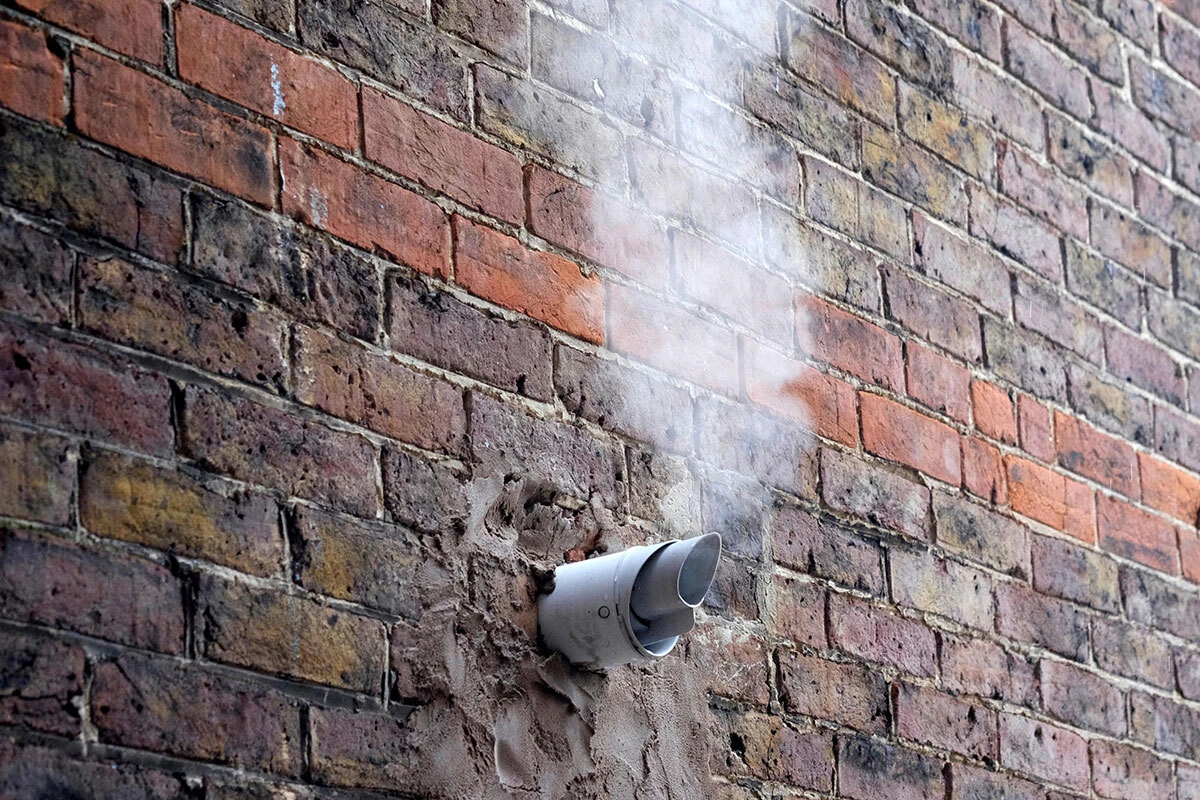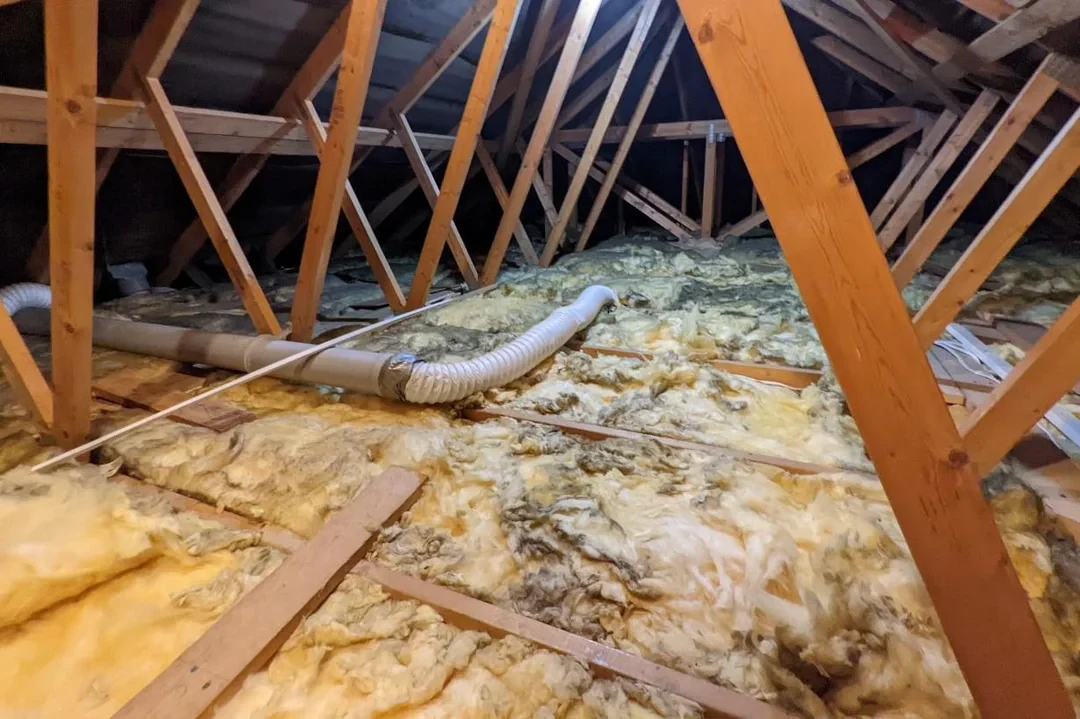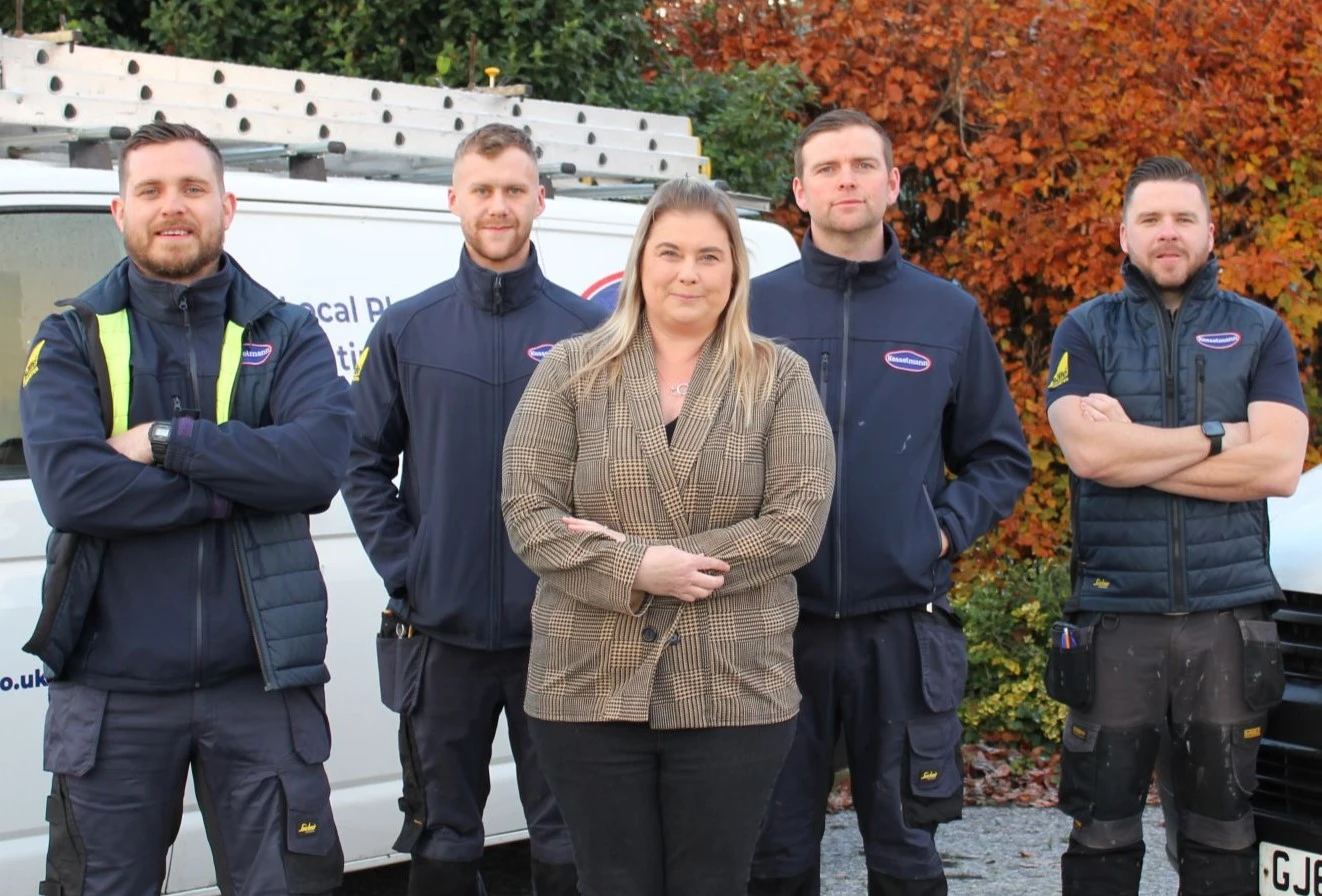01/01/2025
Plumbing issues are among the most frustrating problems homeowners and landlords can face. They can disrupt daily life, damage property, and lead to costly repairs if not addressed promptly. Understanding the most common plumbing problems in the UK and how to prevent them can save you time, money, and stress. Here, we dive into the top 10 plumbing issues frequently encountered by homeowners and landlords, offering practical advice to keep your plumbing system in top condition.
1. Dripping Taps
Dripping taps are one of the most common plumbing problems and can waste significant amounts of water if left unchecked. A single dripping tap can waste up to 5,500 litres of water a year, driving up your water bill and impacting the environment.
Causes:
Worn-out washers or seals
Loose or damaged components
High water pressure
Prevention and Fixes:
Regularly check taps for signs of wear and tear.
Replace washers or seals promptly.
Ensure water pressure is within the recommended range for your system (1.0 to 2.5 bar).
Consider upgrading to modern taps with ceramic discs, which are more durable and leak-resistant.
2. Leaking Pipes
Leaking pipes can cause significant damage to your property, including dampness, mould, and structural issues. They are particularly common in older properties where pipes may have corroded over time.
Causes:
Corrosion or rust
High water pressure
Poorly installed or sealed joints
Damage from freezing and thawing in winter
Prevention and Fixes:
Insulate pipes, especially in colder months.
Regularly inspect exposed pipes for signs of corrosion or leaks.
Ensure all plumbing work is carried out by qualified professionals to minimise installation errors.
Invest in a water pressure regulator if your pressure exceeds the recommended levels.
3. Slow or Clogged Drains
Blocked drains are a frequent issue in both kitchens and bathrooms. They can cause water to drain slowly, leading to unpleasant odours and potential health hazards if not addressed.
Causes:
Accumulation of hair, soap scum, and grease in bathroom drains
Food particles, oil, and grease in kitchen sinks
Foreign objects, such as wipes or sanitary products, flushed down the toilet
Prevention and Fixes:
Use drain guards to catch hair and debris.
Avoid pouring grease or oil down the sink; instead, collect it in a container and dispose of it responsibly.
Only flush toilet paper and human waste down the toilet.
Regularly clean drains with a mixture of baking soda and vinegar to break down build-up.
4. Running Toilets
A running toilet can waste hundreds of litres of water daily and is often caused by a faulty flush valve. This problem is not only wasteful but can also result in higher water bills if not resolved quickly.
Causes:
Worn-out or misaligned flush valve
Issues with the fill valve/mechanism
Build-up of mineral deposits around the flush valve
Prevention and Fixes:
Inspect the flush and fill valves regularly to ensure they are functioning correctly.
Clean any mineral build-up with a descaling solution.
Replace faulty components promptly; flush valves are inexpensive and easy to replace.
5. Burst Pipes
Burst pipes are a major plumbing emergency, particularly during the winter months when freezing temperatures can cause water inside pipes to expand and rupture them. This can lead to extensive water damage and expensive repairs.
Causes:
Freezing and thawing cycles
Excessive water pressure
Corrosion in older pipes
Prevention and Fixes:
Insulate exposed pipes with foam pipe insulation.
Keep heating on low during extremely cold weather, even if you’re away.
Allow taps to drip slightly during freezing temperatures to prevent pressure build-up.
Regularly inspect pipes for signs of wear or corrosion and replace them as needed.
6. Water Temperature Issues
Problems with inconsistent or no hot water are common, particularly in properties with older boilers or water heaters. This issue can disrupt daily routines and make showers or cleaning uncomfortable.
Causes:
Faulty thermostats
Sediment build-up in the water heater
Insufficient water pressure reaching the boiler
Blocked plate heat exchanger on the boiler
Prevention and Fixes:
Schedule regular boiler servicing to ensure it operates efficiently.
Flush your water heater annually to remove sediment.
Check that your thermostat is set correctly and functioning.
Consult a Gas Safe registered engineer for any boiler or water heater issues.
7. Noisy Pipes
Noisy pipes can be both irritating and a sign of underlying plumbing issues. Common noises include banging (water hammer), whistling, or vibrating sounds.
Causes:
High water pressure
Air pockets trapped in the pipes
Loose pipe fittings
Faulty tap cartridges
Prevention and Fixes:
Secure loose pipes with brackets or clips.
Install water hammer arrestors to cushion the impact of sudden water pressure changes.
Bleed the system to remove trapped air.
Adjust the water pressure if it’s too high.
Replace the tap cartridges.
8. Frozen Pipes
Frozen pipes are a recurring problem during harsh UK winters, particularly in unheated or poorly insulated properties. When water inside a pipe freezes, it expands, often causing the pipe to crack or burst.
Causes:
Lack of insulation
Sudden drops in temperature
Prolonged exposure of pipes to outdoor elements
Prevention and Fixes:
Insulate pipes in lofts, basements, and external walls.
Keep your heating on during cold spells, even at a low setting.
Drain outdoor hoses and shut off external water supplies before winter.
If a pipe does freeze, thaw it gradually using a hairdryer or warm towels.
9. Flooding
Flooding caused by plumbing failures or heavy rainfall can be devastating to a property, leading to structural damage, mould growth, and potential health hazards.
Causes:
Burst pipes
Blocked gutters or drains
Faulty appliances or overflow issues
Prevention and Fixes:
Regularly maintain gutters and drains to ensure they are free of debris.
Install sump pumps in basements prone to flooding.
Monitor appliances like washing machines and dishwashers for leaks.
Have a water shut-off valve installed for emergencies.
10. Water Storage Tank Failure
Many UK homes still rely on water storage tanks, particularly in older properties. A failing tank can lead to water supply issues and leaks.
Causes:
Corrosion or rust
Cracked or damaged tank walls
Faulty ball valves
Prevention and Fixes:
Inspect your water tank regularly for signs of wear or corrosion.
Replace any damaged components promptly, including ball valves and seals.
Consider upgrading to a modern unvented hot water cylinder for improved efficiency and reliability.
Final Thoughts
Plumbing problems are an inevitable part of homeownership, but regular maintenance and prompt attention can prevent many of these issues from escalating. Simple measures like insulating pipes, monitoring water pressure, and scheduling regular servicing for your boiler and water systems can make a significant difference.
For more complex plumbing problems, always consult a qualified plumber. At Kesselmann, we are certified Hull Plumbers and offer plumbing and heating services throughout East Yorkshire and North Lincolnshire. Whether it’s a dripping tap or a burst pipe, we’re here to help you keep your home running smoothly.
If you’re facing any plumbing issues or need advice, get in touch with us today. A small fix now can save you from a much bigger problem down the line!













